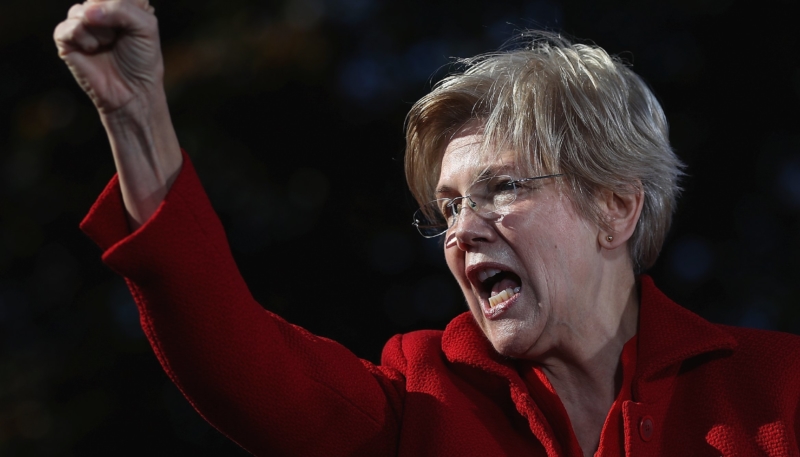In another Medium post on Wednesday, presidential candidate Elizabeth Warren outlined her plan to enact a national right-to-repair law if she is elected. The right-to-repair laws is just a small bit of the Medium post, which actually focuses on “leveling the playing field” for American farmers.
The right-to-repair mention was related to how many farmers are forced to rely on authorized repair agents to repair their equipment, leading to higher expenses for farmers.
“That’s ridiculous. Farmers should be able to repair their own equipment or choose between multiple repair shops. That’s why I strongly support a national right-to-repair law that empowers farmers to repair their equipment without going to an authorized agent.“
While her comments focus on farmers, Warren’s legislation would also affect all American customers, including those that would like to repair their iPhone at a lower price than offered by Apple, while not breaking their warranty.
Apple pushes its users to come to Apple itself or to go to an authorized repair shop for repairs. The company also builds its devices in such a way that it is difficult for users to repair at home.
Warren’s post is the second one that the Senator has posted, in which she proposes legislation that would affect Apple and other tech firms. Earlier this month, Warren announced a plan to “break up big tech.” Warren proposed radical new restrictions on the freedom tech firms have to control proprietary platforms.
Apple’s App Store would be required to be run as a separate company, and Apple would be required to allow competing app stores onto its devices, which Warren says would level the playing field between Apple’s App Store and its competitors.
The candidate also wants to undo tech mergers like Amazon and Whole Foods, Facebook and Instagram, and Google and Nest. She argues that undoing these mergers would promote competition in the tech industry, placing pressure on big tech firms to be more responsive to customer privacy concerns.


